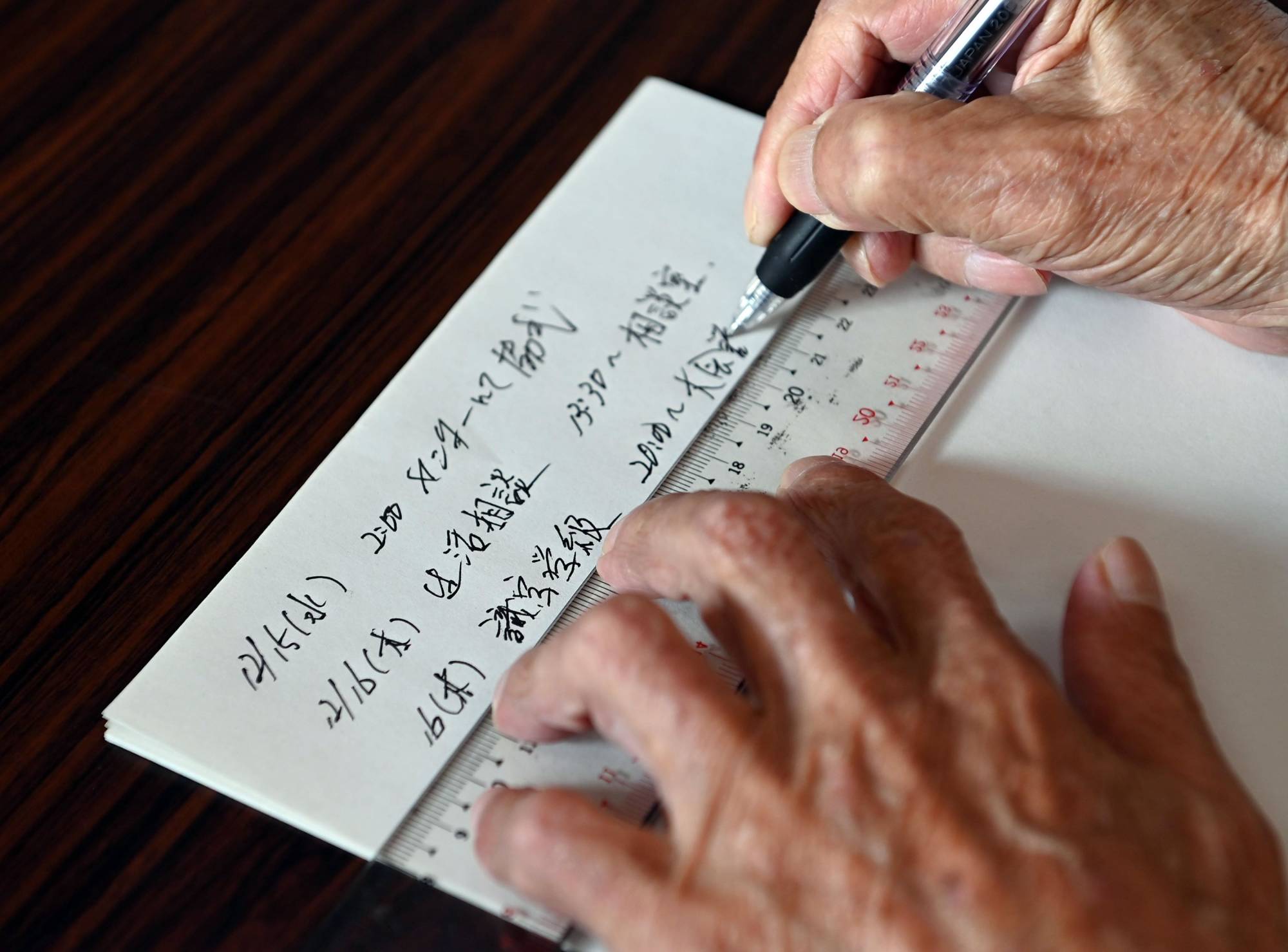Only after some hesitation did Tamaki, a 49-year-old man willing to reveal only his first name, play the DVD he'd found in a desk drawer last October at his parents' house, in the Chikugo district of Fukuoka Prefecture.
On its case was printed the title “The Path I Walked,” together with "Hikari," the name of his 82-year-old father.
Hikari has a stammer, and has avoided speaking in public as much as possible throughout his life. But the footage, shot 21 years ago, shows him stood behind a podium, speaking about his background in front of an audience. It was something Tamaki had never seen before.



















With your current subscription plan you can comment on stories. However, before writing your first comment, please create a display name in the Profile section of your subscriber account page.